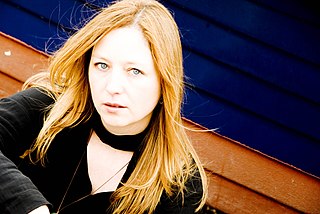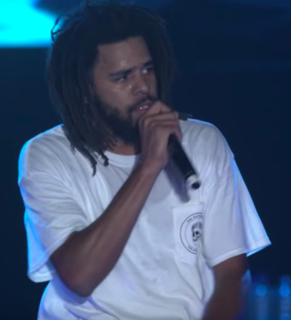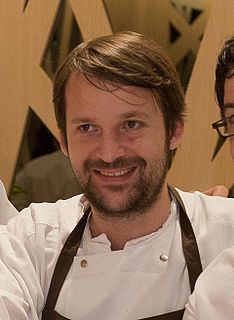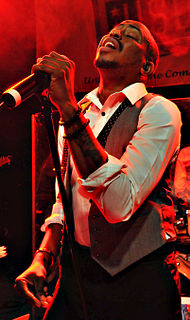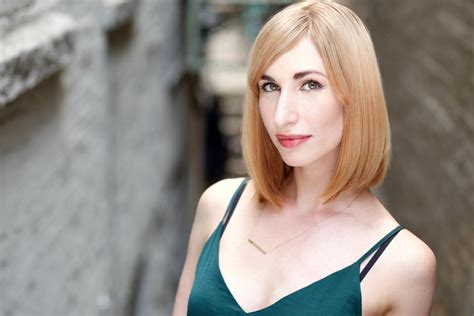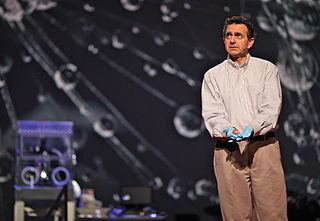A Quote by Scarlett Thomas
But I quite like the way you can talk about science without necessarily using mathematics, but using metaphors instead.
Related Quotes
What do you think science is? There is nothing magical about science. It is simply a systematic way for carefully and thoroughly observing nature and using consistent logic to evaluate results. So which part of that exactly do you disagree with? Do you disagree with being thorough? Using careful observation? Being systematic? Or using consistent logic?
There are loads of sociopolitical, racial, class and future-planet situations that really interest me, but I'm not really interested in making a film about them in a film that feels like reality because people view that in a different way. I like using science fiction to talk about subjects through the veneer of science fiction.
It's not necessarily a church theme and it's not really about church. I like my album themes to be metaphors because it gives me the freedom to speak about something else that's going on in my life, so the Born Sinner thing is not about church, it's not even about religion. It's using that as canvas to get other messages across and that's what the album will be.
Mathematics has two faces: it is the rigorous science of Euclid, but it is also something else. Mathematics presented in the Euclidean way appears as a systematic, deductive science; but mathematics in the making appears as an experimental, inductive science. Both aspects are as old as the science of mathematics itself.
I just love this idea of using, especially in terms of food, using that common sense. If you follow that - it's hard to talk about it without sounding like some New Age idiot, which I think is a bit unfair - but, if you do follow that natural cycle, you will inevitably eat better, cheaper, and much, much, much, much healthier.
Where we're telling the story of the history of the ensemblist [in the "Ensemblist Essentials"], using the nine musicals that have won the Pulitzer Prize for Drama as fixed points in time We're going from 1931 to 2016 and using these shows to talk about what the typical show was like for an ensemblist at the time; did this show change anything about that job, while it was changing everything about the way theatre was written and produced and made?
That's what I like about the idea of the aesthetic experience, the idea of both enjoying looking at works of art and how they kind of talk to you, and also the process of making art, getting back to that idea of the aesthetic experience of making art is very important, It's another way of thinking. Instead of just using your brain, you're using your hands to think with. They're different connections, the brain that comes through the fingertips as opposed that comes through the eyes and ears.
We also have this reflex of using specialists for everything, instead of having the person who is there every day with them, the teacher, talk about death and suicide. In the film, it's portrayed a little bit like a caricature, but it's the psychologist who comes in and Monsieur Lazhar does not think it's a good idea. He thinks he should be the one who should talk about that with the children.
